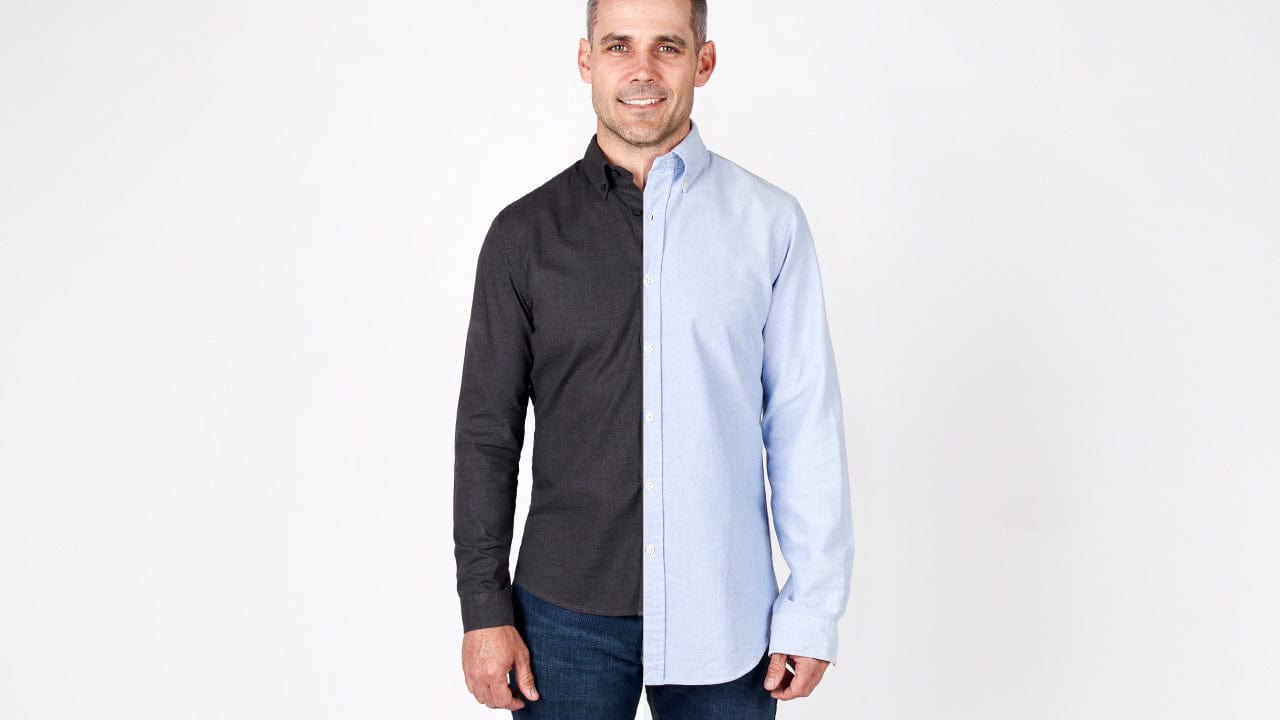
Ken Rosenthal | Telling Stories that Matter
Writing With Impact — Why Ken Rosenthal got into Sports Writing and Broadcasting
When you try your hand at something and end up not succeeding at it, what do you do? Do you find a way to make it work, or do you give up altogether? Most of us would choose the easy way out, but while we’re starting from scratch on something new, the ones who stick through it and pave their own way are the ones who end up succeeding faster. Ken Rosenthal did just that.
“If someone said to me you could only do one thing, I would write. It’s not even a question.”

Like many sports writers, Ken didn’t have the best sports career. At just 5’4” and a half, he stands roughly 8 inches shorter than the average MLB athlete. Though he played sports throughout junior-high and high school, he became a writer to take advantage of his writing talent while still having a career in the sports world.
Ken got into journalism when he was in high school. He had a passion for sports and a passion for writing, so what better way to pursue one’s passions than to combine the two!
Standing Out in a Taller Crowd
There are so many personalities in the world of sports. You have the athletes, the owners, the fans, and the reporters/broadcasters. How do you stand out from the crowd? How do you cut through the noise?

“You have to have your own style in the end. It has to be your way of telling stories, your way of putting words together, your way of reporting.”
What makes Ken different is he is unapologetically himself. He owns his height, his style, and his overall demeanor when it comes to his “personality.” He lists his height in his Twitter bio, even to the jabs of many. He proudly wears bow ties on TV, working with organizations like BowTie Cause to promote donations to other nonprofit groups.

“A lot of times I look a little ridiculous interviewing taller players, and I don’t care. Because this is what I do. The players respect me, and that’s all that matters.”
Obtaining respect from world-class athletes is a tough task, especially when you’re an authority in their world. Anything you say can potentially be twisted to fit a story. But Ken’s way of reporting is unbiased and fact-driven. He’s objective and concise, and the players respect him for that. They know Ken’s coming from an impartial point of view. He respects them, and they respect him in return.
The Motivating Factor(s)
Finding motivation can be hard for any of us. But for Ken, he has a clear understanding of what he wants to put out into the world. This sense of motivation comes from a relatable place.

“I hope that people would see that, young people in particular, and say this guy found a way. He couldn’t be an athlete, but he found a way.”
On any given day during the off-season, Ken wakes up at 6am, has a 7am meeting, hops on TV from 9-11am, and then is on and off phone calls to write and report for the day. During the season, he has no days off whatsoever. He’s either writing, broadcasting, at a game, or reporting a game.
“I worked a long time to get to a certain level and it takes work. I know that because you can’t succeed without working hard.”
He doesn’t complain about his incredibly busy schedule. “I signed up for this. I wanted this,” he says.
“I want to stay at that level, I don’t want to slip. In our work, you can always get better. I just want to continue to keep a high standard for myself.”
Overcoming Setbacks
Ken has overcome a number of setbacks in his life. He had scoliosis surgery at age 17 and another major back surgery at 55. Overcoming these obstacles is a tough journey for everyone, and I’m willing to bet some people would use these setbacks as an excuse to feel sorry for themselves. But Ken didn’t. He used them as motivation.

“The first surgery made me more health conscious, forced me to watch my weight and stay on top of my fitness. So, a benefit in the long run.”
It’s not just about getting over the obstacle, it’s about using it to benefit yourself in the long run. Ken used his first surgery as a catalyst for his becoming more aware of his personal fitness and health. It’s not easy to reframe one’s mindset like this. It takes work. It takes discipline. Something I think we can all learn from.
Advice to His Younger Self
Not only is Ken a great example of someone who’s dedicated to succeeding in one’s career despite hardship, he’s also a person we can look to for advice in how to manage our own ambitions while keeping a cool head. Many of us have career aspirations, and that can sometimes add a lot of pressure to our daily lives. But Ken’s approach is one of reassurance.

“Relax, things will work out, one way or another (easy to say now!)”
We can often get caught up in the daily grind of our work, and it can be difficult to stop to “smell the roses” from time to time. But the lesson here is to think about what your 18 year-old self would think of you now. As long as you impress him, I’d say you’re successful.
What We Can Learn From Ken Rosenthal
Ken’s journey as a failed athlete turned nationally-known sports writer and broadcaster is one we can all relate to. As shorter men, we’ve all faced setbacks. Whether it’s directly tied to our height or not, life is never without challenges or obstacles to overcome. But that’s precisely what makes life worth living.

“Even if you’re not a great athlete, and even if you don’t look a certain way, you can succeed.”
Ken’s career in sports is an example of how we can take account of our natural talents and interests and use them to pursue the career we want. Even if we don’t end up becoming the star athlete we might have wanted to be, we decide what success means to us. And in Ken’s case, sometimes the best way through a challenge is to go around it.






